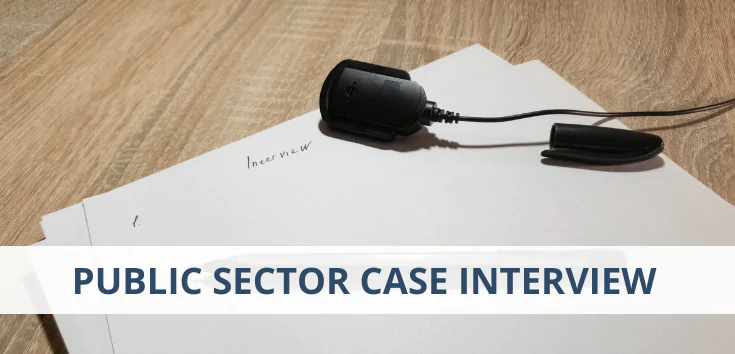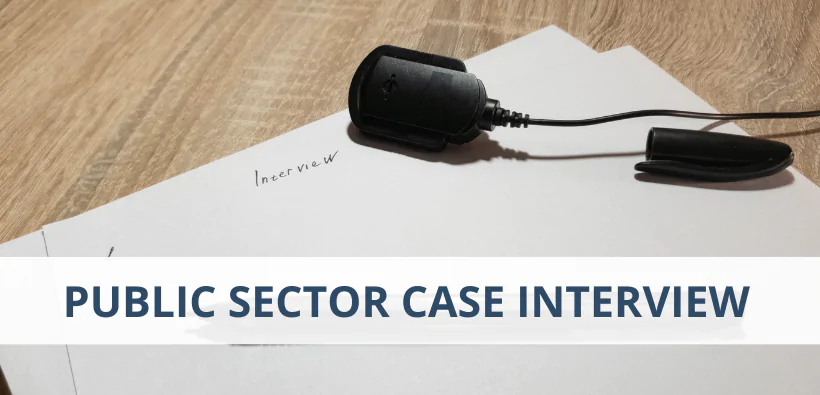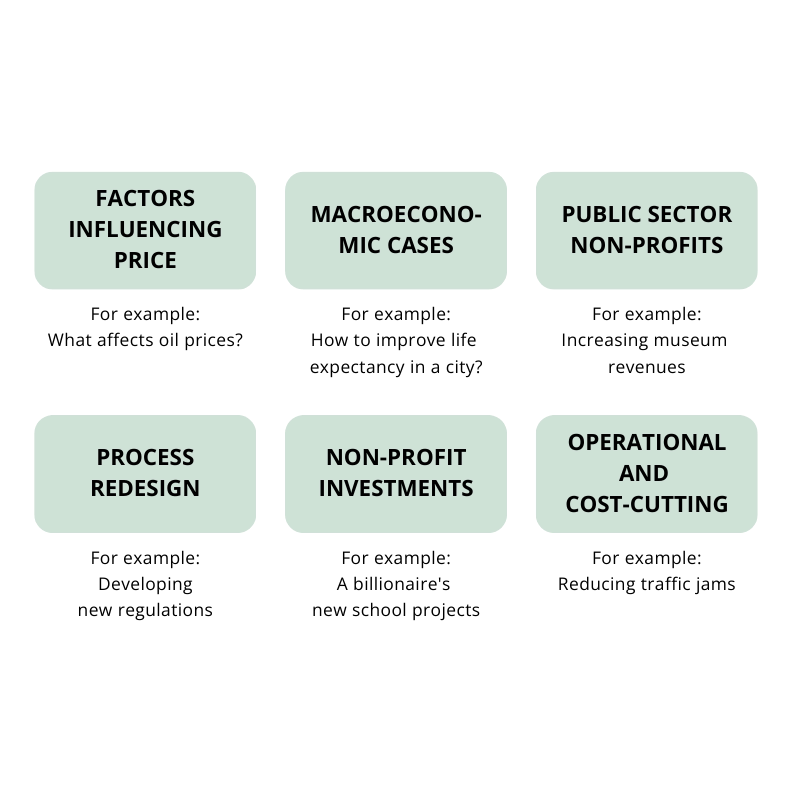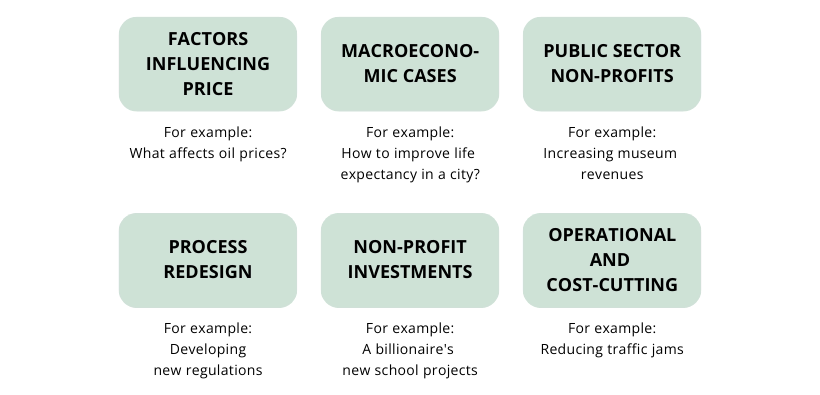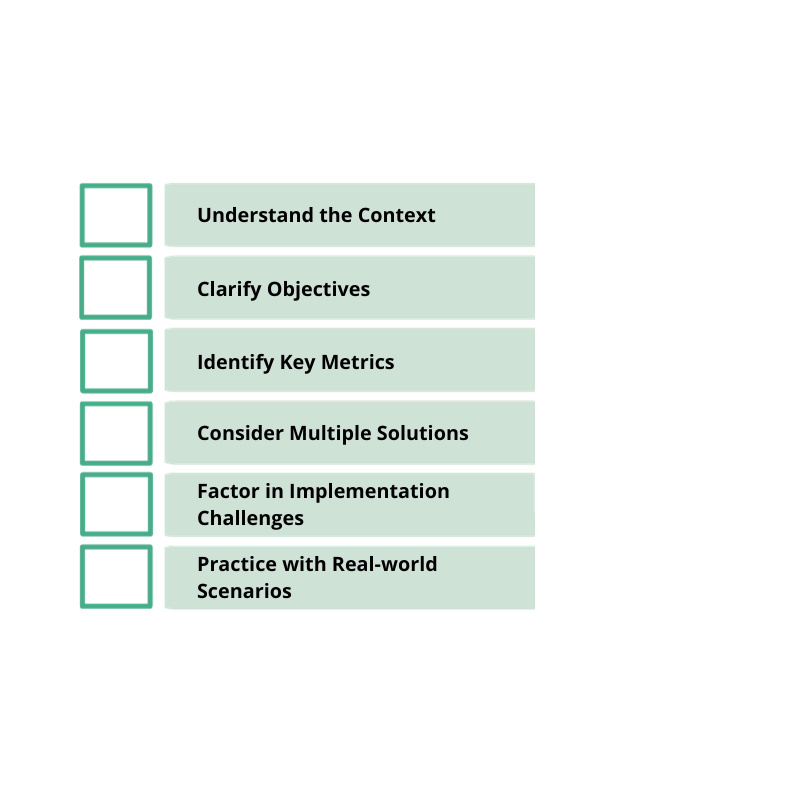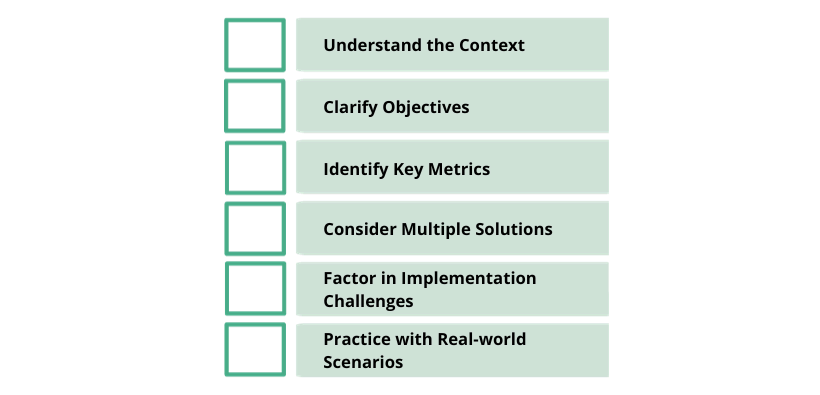The public sector, encompassing government and related entities, is a unique topic when it comes to case interviews. Unlike the private sector, where profit and growth are the primary drivers, the public sector often grapples with broader societal issues, budget constraints, and political considerations.
As a graduate looking to break into consulting with a focus on the public sector, it's crucial to understand the differences of the public and government sector to other areas in your case interview.
